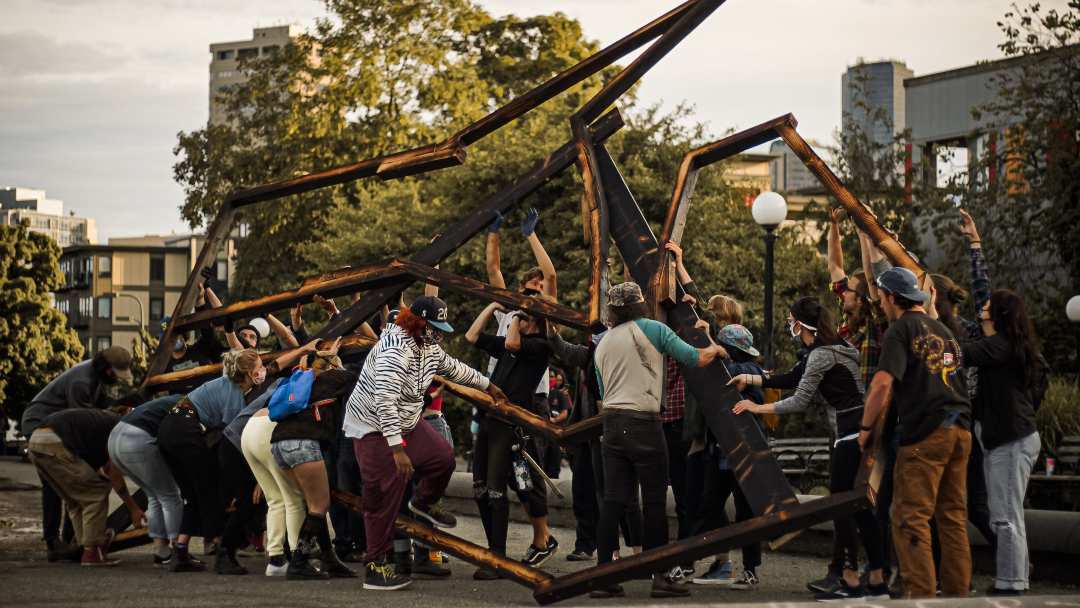Research You Can’t Trust
By NRC on June 1, 2015

One of the most talked-about social studies from the last year is a fraud: the finding was a lie because the research never happened. Last year, UCLA grad student Michael LaCour and Columbia University political scientist Donald Green published a study showing that door to door canvassing could persuade some voters to change their views on same-sex marriage to be more favorable, especially if the canvasser was gay.
The study made waves in academic circles and in the population at large, both groups receiving the findings as welcome news that it was possible to change the minds of people about one of the big issues that divides the country. Major news outlets jumped on the study and pinned their hopes of a method to change minds on the research findings. Shortly after the study was published in the journal Science, however, Green is calling for a retraction due to “irregularities” in the data that his partner provided.
The irregularities were discovered by two UC Berkeley grad students, David Brockman and Josh Kalla, who had attempted to mount an extension of the study but ran into problems. While Brockman and Kalla began their follow up, they could not reach nearly the high response rates LaCour claimed to have achieved. When the Berkeley students contacted the survey platform, Qualtrics, for information about the study the firm reported having no record of the study.
This is a sobering reminder for consumers of research to question methods and for researchers to show their sources and procedures with full transparency. Replicability is a major tenet of the scientific process, importantly because it allows others to continue to build upon past research and because it instills trust among research consumers. Sound, honest and transparent research practices go a long way to ensure that the findings of a study can be trusted. Exposure of this kind of fraud, bad as it is for the perpetrators, is good for the rest of us who gain confidence that research findings can be tested and found worthy - or worthless.
Popular posts
Sign-up for Updates
You May Also Like
These Related Stories
Transitioning to Digital Survey Data Collection

Data Shows How Types of Engagement Can Predict Community Satisfaction

